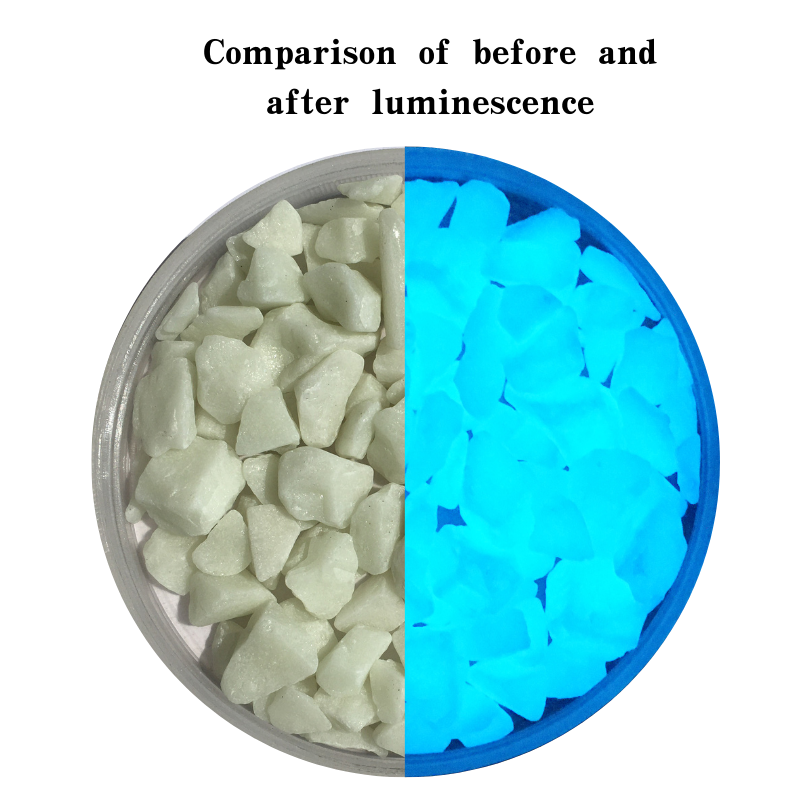
quicklime hydrated lime
Quicklime and Hydrated Lime An Essential Guide
Quicklime, scientifically known as calcium oxide (CaO), is a crucial chemical used across various industries for its unique properties. It is produced by heating limestone to high temperatures, a process known as calcination, which drives off carbon dioxide. The resulting quicklime is a white, caustic solid that, when mixed with water, undergoes an exothermic reaction to form hydrated lime, or calcium hydroxide (Ca(OH)₂). This transition from quicklime to hydrated lime is not only fascinating but also instrumental across several applications.
Quicklime and Hydrated Lime An Essential Guide
In the construction industry, hydrated lime serves as a crucial ingredient in mortars, plasters, and cements. It enhances workability and durability, ensuring that structures withstand the test of time. Its ability to improve the properties of concrete, particularly in terms of water retention and plasticity, makes it invaluable in building applications.
quicklime hydrated lime

Environmental management also leverages the unique properties of hydrated lime. It plays a key role in water treatment processes, where it is used to adjust the pH levels and to precipitate heavy metals from wastewater. This process not only aids in pollution control but also facilitates the recycling of water, making it an essential component of sustainable practices.
Moreover, hydrated lime is pivotal in agricultural applications. It is used to amend acidic soils, promoting better crop yields and healthier planting environments. The addition of lime helps to increase soil pH and reduce toxicity levels, fostering an optimal growth condition for various crops.
In the chemical industry, both quicklime and hydrated lime are vital in the production of a range of chemicals, such as calcium carbonate, calcium chloride, and calcium phosphates. Their reactivity ensures that they are fundamental in processes related to mineral processing, refining, and metallurgy.
In conclusion, quicklime and hydrated lime are indispensable materials that play significant roles in various sectors. From construction and agriculture to environmental management and chemical production, these compounds demonstrate their versatility and importance. Understanding their properties and applications is crucial for industries reliant on these materials, as they continue to be essential for sustainable development and innovation.
Share
-
Premium Talcum Powder Enhanced with GPT-4 Turbo | Soft & Long-LastingNewsAug.02,2025
-
Fly Ash Solutions Enhanced by GPT-4 Turbo | Sustainable InnovationNewsAug.01,2025
-
Natural Premium Bentonite Cat Litter - Superior ClumpingNewsJul.31,2025
-
Premium Resin Coated Sand - High Heat Resistance CastingNewsJul.31,2025
-
High Quality Silicon Carbide Grit for Abrasive ApplicationsNewsJul.30,2025
-
High-Quality Ceramsite for Plants & Gardening | Lightweight PebblesNewsJul.29,2025






